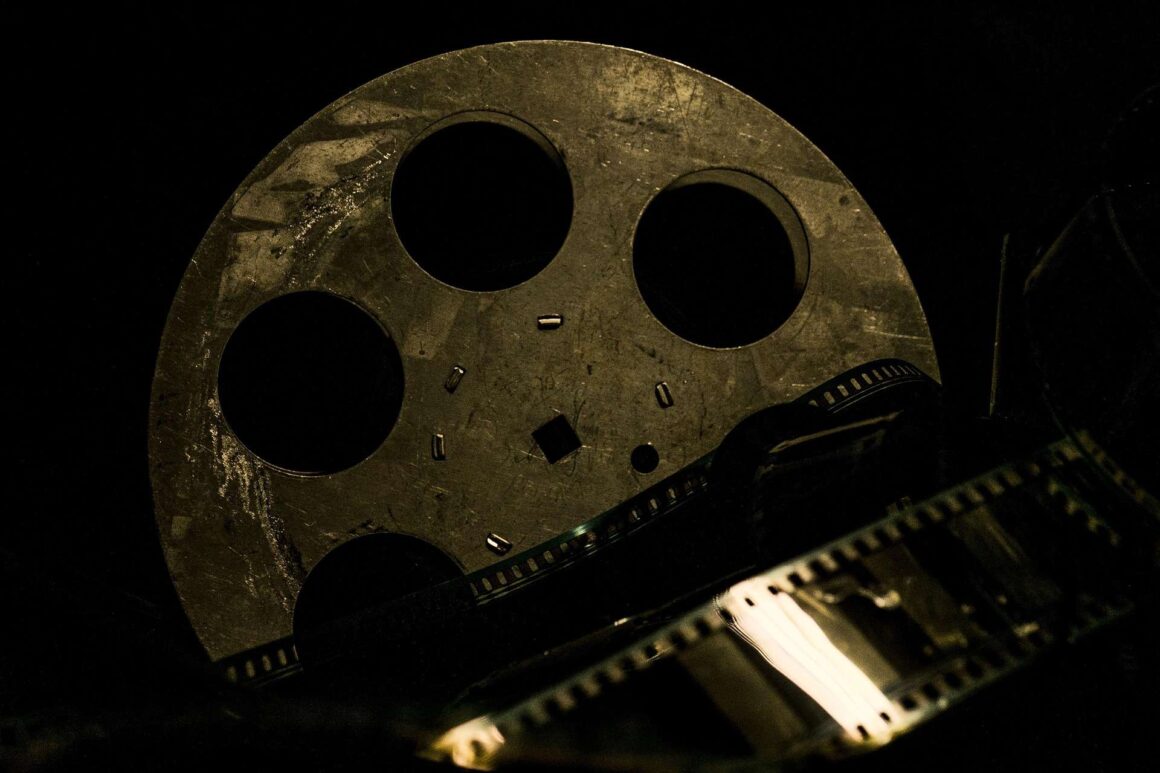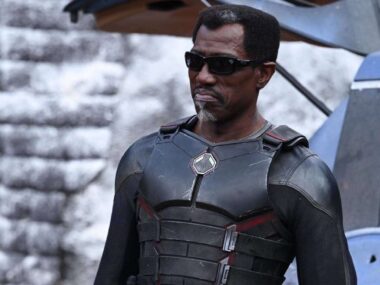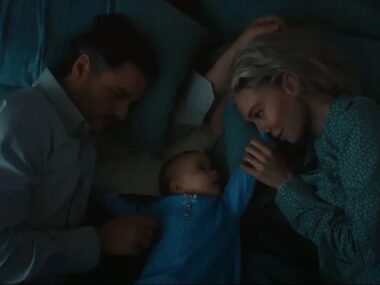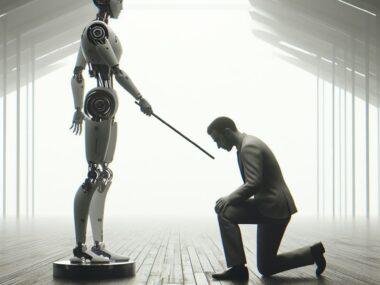Can AI recreate something that no longer exists? That’s the question Amazon-backed AI startup Showrunner is trying to answer. The company announced it’s attempting to digitally recreate the 43 minutes of lost footage from Orson Welles’ 1942 film The Magnificent Ambersons. The adaptation of Booth Tarkington’s novel about a midwestern family in decline was the follow-up to Welles’ acclaimed debut film Citizen Kane.
Here’s the catch: the missing 43 minutes of The Magnificent Ambersons was removed and destroyed by Hollywood studio RKO. The original negatives don’t exist anywhere in the world. What Welles created is gone, leaving behind only production notes, memos, and the surviving shortened film.
How Can Showrunner Recreate Missing Footage?
Welles’ notes will serve as a blueprint for Showrunner alongside research by filmmaker Brian Rose. Rose has spent years digitally reconstructing the missing sets and shot compositions. Actors can act out scenes. Face and pose transfer tech will add the likenesses of the original cast onto those actors, guided by archived photographs and film stills.
The ambition goes beyond one film. Saatchi calls Showrunner a “Netflix of AI,” where users could one day generate entire shows or movies on demand. For now, the Ambersons experiment is non-commercial. Showrunner doesn’t hold the rights (Warner Bros. Discovery does). However, it’s a high-profile case study for what AI could mean in film.
The Pushback: Welles’ Estate Says “No”
Not everyone is impressed by Showrunner’s ambitions. Welles’ estate has condemned the attempt. They weren’t informed beforehand and argue that using AI to resurrect Welles’ lost footage is a betrayal of his creative spirit. In their words:
“AI may be unavoidable, but it cannot substitute for the creative instincts found in the human mind. As such, this attempt to restore Ambersons will be a mechanical endeavor devoid of the unique innovation and creative spirit that Welles embodied.”
For them, Showrunner’s effort isn’t a tribute, it’s exploitation. The debate isn’t just about rights or authenticity. Is it ethical to use AI in this way? Can AI succeed in restoring his version of The Magnificent Ambersons when Welles’ isn’t alive to guide the technology to mold it to his vision?
Can AI Truly Capture What Was Lost?
Welles was meticulous, yes, but he was also mercurial. His notes, production sketches, and memos only hint at what he might have shaped on film. To use them as a blueprint is to pretend the act of creation is linear and mechanical. Filmmaking, especially Welles’ brand of it was improvisational and innovative.
AI, no matter how advanced, can only approximate. It can generate “informed guesses” stitched from context. Scripts, photos, stills, and what remains of the original film. The essence, the instinct, can’t be conjured from data. That’s what Welles’ estate means when they call it mechanical.
Should AI try? On one hand, there’s curiosity. Film lovers have dreamed for decades of seeing what Welles originally intended. If AI can sketch even a shadow of it, isn’t that better than nothing?
On the other hand, restoring Ambersons this way is speculation dressed up as cinema. It’s asking us to watch a ghost film and it does so against the wishes of the estate entrusted with Welles’ legacy.
The Ethics of AI
Showrunner’s experiment forces us to confront the uncomfortable gap between what AI can do and what it should do. Bringing back lost art sounds noble. If the artist can’t guide the process and if their estate objects, are we honoring the original. Or are we rewriting it for ourselves?






